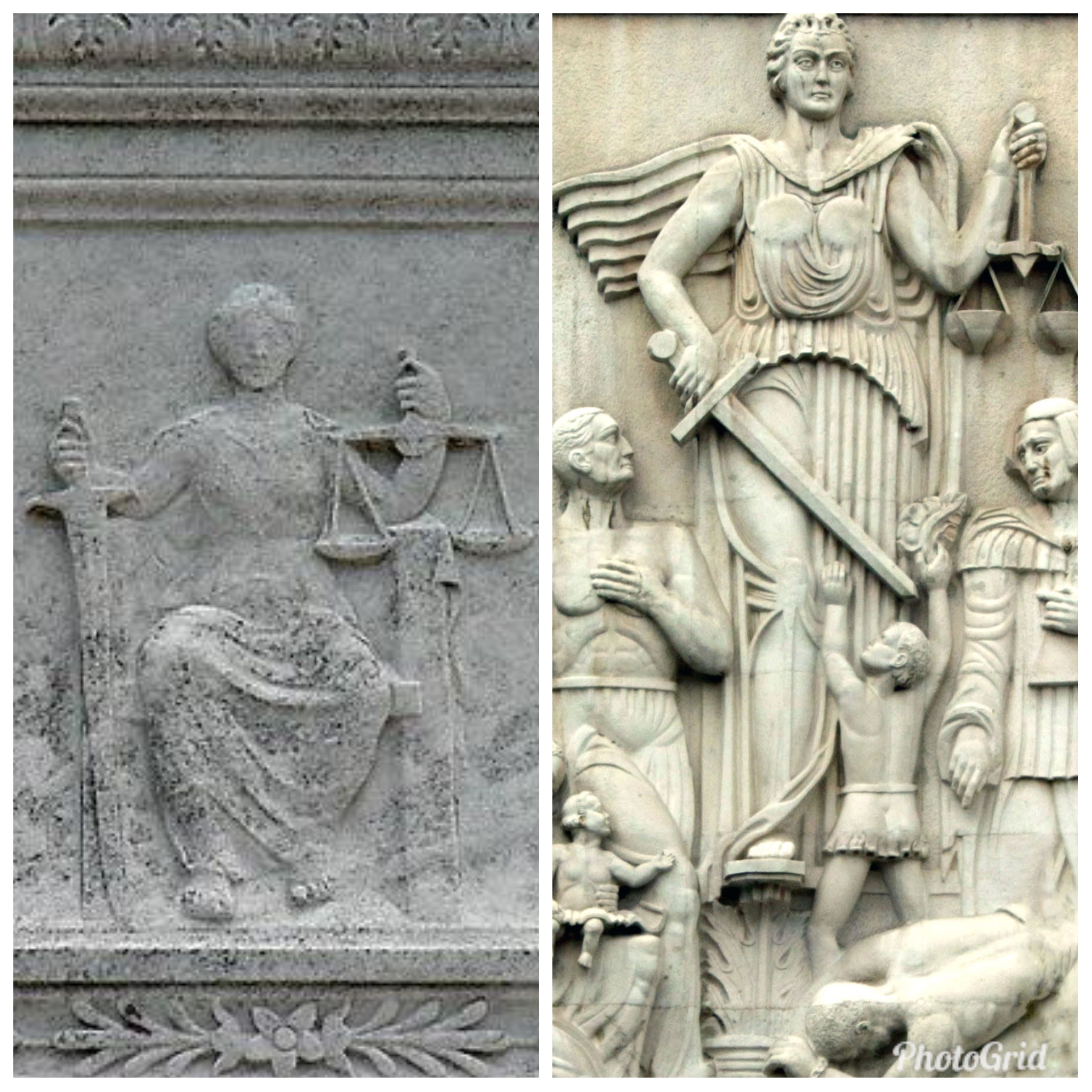
So… yeah. This was my post this morning on Facebook. These were my thoughts this morning on Facebook.
I had just gotten off work and was getting ready for bed, and my wife called me about an issue with her Sequoia. Now, it’s already been having issues — the secondary air injection system is messed up somehow, generating a loss of horsepower and serious acceleration issues. At the same time, the clutch on my 1995 Jeep Cherokee has been acting up, making it difficult to shift in and out of gear at times. And now Mary was calling me to come to McDonald’s and jump the truck off.
When I got down there, I noticed that connections on my jumper cables were old and broken and probably not gonna work. Still, I hooked them up, just in case. Pointless effort. So I decided to take the battery down to O’Reilly and have them check it. As I was lifting this monstrous block of lead and acid, I accidentally put pressure on the radiator cap, snapping off the hard plastic nipple that goes to the overflow tank.
Didn’t need that. Didn’t need any of this.
That’s when I had the moment I shared in my Facebook post. I cussed up a blue streak, genuinely trying to cry my frustrations out, but of course, I’m too grown up for that, and my practicality kicked in and prevented that very natural venting mechanism. So, unfortunately dry of eye and aching of jaw, I headed to O’Reilly, where I found out that the battery was just two months out of warranty.
Awesome. Well, there was nothing for it but to buy the battery and a quick fix for that broken nipple (which I did), hook it all up (which I did), send Mary on to her class to study for her upcoming exam (which I did), and then just go home and post a vague vent post on Facebook.
Then something remarkable happened.
When I woke up for work, Mary told me that the check engine lights that had been on since the SAI system went down were all off, and the truck seemed to be running better. “Maybe what was wrong with the acceleration was the battery was took weak,” Mary suggested. Of course, the strength of the battery has nothing to do with how a car runs once it’s cranked, so that explanation didn’t make sense to me. Also, I wanted to take it out and see for myself how the truck was running.
Since I had a few minutes before I had to leave for work, I did just that. Truck started fine, took off out of the driveway just fine, rolled up to the stop sign at Denton Road just fine. Turning right out of my neighborhood, I checked for cars behind me and in front, took a deep breath, and punched it.
The acceleration — absent for weeks — threw me back in my seat.
I ran the truck up and down Denton for a few blocks, increasingly aggressive with the acceleration and breaking until I was satisfied that, yes, the truck did seem to be running normally.
I was at a loss. I’d tried everything having to do with the SAI system, from cleaning the mass flow sensor to disconnecting the battery and what not, and nothing had had any effect. Even now, the only thing I can think is that disconnecting the battery allowed for the truck’s computer to reset, which still makes no sense to me because if that were the case, it should have done this the first time I disconnected the battery!
In the end, I did the only thing that actually made sense to me — I praised God for the reprieve, and asked forgiveness for my shameful lack of faith.
See, here’s the thing. If disconnecting and replacing the battery “fixed” the truck, that means that the loss of power is the symptom of a problem rather than the problem itself. A symptom can be treated, but will continue to recur until the problem is dealt with, so however the truck is running right now, I know that I still have an issue somewhere that needs to be addressed. What’s more, I can start narrowing down the possibilities of what the problem might be, and eliminating those things that the problem is not, by virtue of the fact that resetting the computer reset how the truck ran.
Long story short, where this morning I had a couple thousand dollars of repair bills to track the issue down at the Toyota dealership, this evening I have a fair idea of where the problem actually lies — a flawed pump design in the 2006 model Toyota Sequoias and Tundras, and one that can potentially be fixed by just taking the pump off and blowing it out with a high pressure air hose.
And I never would’ve known this, had the battery not died in the McDonald’s parking lot.
That’s the beauty of this whole situation. I was faced with a complex problem that was way outside my area of expertise, so God allowed a simple problem, one that I knew exactly how to fix, in order to shed light on the more complex problem and give me solutions. But more to the point, He gave me a little problem to overcome, a little stress to shoulder, so that like the computer on my wife’s truck, I might be reset — pushed out of my way of viewing things so that I can see them from an entirely different perspective.
I was so wrapped up in my trivial crisis that in my maturity — focusing practically on the details of my problem — I completely overshot my faith in God and His concern for me. In my venting, I completely missed the possibility that the battery was not the curse that it seemed but a blessing, a stumbling block designed to give me a step toward the solution that had been eluding me.
But, as always, God knows me infinitely better than I know myself. He knew that I’d stay keyed in on the fact that I’m too broke to let the dealership tinker around and “fix at” the truck, so I’d probably just ignore it all until the small problem became a big one. He also knew exactly how I think, and what kind of “problem” it would take to get me thinking along the right lines, to lead me to possible solutions that I would never have considered if left to my own devices.
Ultimately, He knew that I needed a humbling. He knew that I needed to be pushed off my self-reliance and given a reminder that no matter how “mature” I get, no matter how practical I am or how strong a handle I might have on a problem, I still need Him to point me in the right direction, because only He can perfectly see my situation beyond the lens of my trivial crises.







You must be logged in to post a comment.